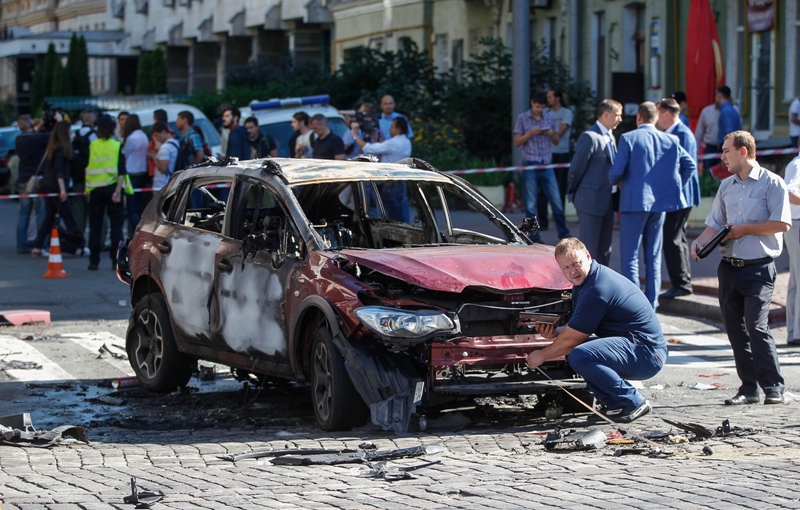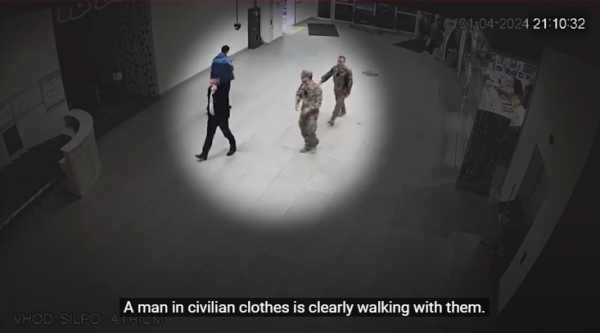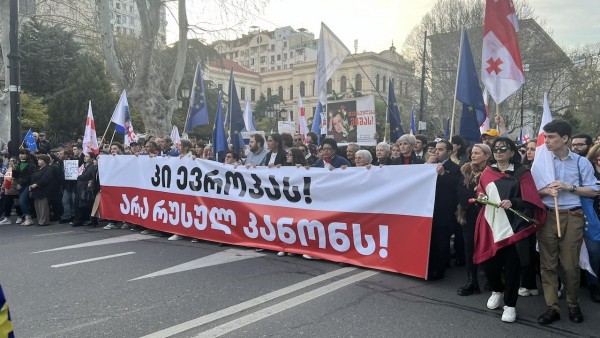The International Press Institute (IPI) today strongly condemned the killing of a prominent journalist in a car bombing in downtown Kiev this morning in what Ukrainian authorities have preliminarily called a “premeditated murder”.
Pavel Sheremet, a Belarus-born journalist who had been working in Ukraine for the past five years at news site Ukrainska Pravda and at Radio Vesti – and who contributed greatly to independent media in Ukraine, Belarus and Russia – was driving to work in the car of his partner, Ukrainska Pravda founding editor Olena Prytula, when it exploded in an intersection at approximately 7:45 a.m.
Sheremet was alone in the car at the time of the blast. He and Prytula had previously complained to friends about being watched, according to news reports. While both investigative journalists used the vehicle, the explosion took place at a time of day that Sheremet routinely travelled to Radio Vesti. However, colleagues at Ukrainska Pravda speculated that the blast may have been meant for Prytula, as investigative journalists at the outlet have been routinely targeted over the years.
Ukrainian President Petro Poroshenko and other high-ranking government officials took to social media and raised calls for a full, swift investigation and to bring the culprits to justice, a call that IPI echoed.
“We are saddened to hear of Mr. Sheremet’s tragic death and we urge authorities not only to conduct a full and swift investigation, but to ensure that it is transparent as well,” IPI Director of Advocacy and Communications Steven M. Ellis said. “Far too may murders of journalists in Ukraine have gone unsolved and unpunished in recent decades. Whether Mr. Sheremet’s killers are brought to justice or enjoy impunity for this heinous act presents an important test for Ukraine in the post-Yanukovych era.”
An outspoken critic of Ukrainian, Russian, and Belarusian politics, Sheremet repeatedly faced intimidation for his work. In July 2014, he left Russia’s Public Television (ORT) in protest of the Kremlin’s policies towards Ukraine and the “hounding” his superiors faced for his reporting.
In 2004, Sheremet was badly beaten while covering a referendum for Belarusian President Alexander Lukashenko to serve a third term. According to news reports, a colleague at the time, Svetlana Kalinkina, called it “a warning attack”.
He was previously sentenced to three years in prison by a Belarusian court in 1997 for illegally crossing its border while reporting on the permeable border between that country and Lithuania. Sheremet worked for ORT at the time and the case caused a rift between Russia and Belarus, with observers expressing the view that it was politically motivated.
According to IPI’s Death Watch, at least nine journalists have died in connection with their work in Ukraine since the protests on Kiev’s Maidan square that drove then-President Viktor Yanukovych from power first erupted in February 2014.
Three of those journalists – Vyacheslav Veremiy, Vasily Sergienko and Oles Buzina – appear to have been murdered in connection with their work. The other six died covering the conflict that subsequently broke out in the country’s east between the government and pro-Russian separatists.
Ukraine has long struggled with impunity for crimes against journalists. The most prominent example is the killing of Ukrainska Pravda founder Georgiy Gongadze, whose headless body was found buried in a forest outside Tarashcha some six weeks after he disappeared in September 2000. Nearly 16 years after his death, Gongadze’s killers remain at large.



